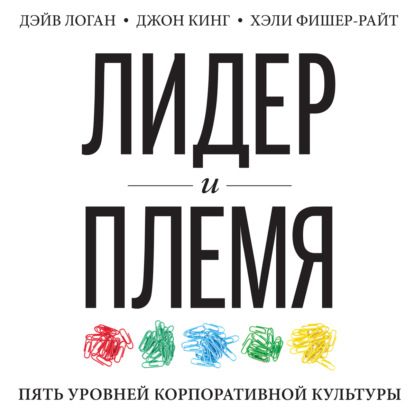Excerpt from Outlines of Universal History, Vol. 2 of 2
Modern history as a whole, in contrast with medi?val, is marked by several plainly defined characteristics. They are such as appear, however, in a less developed form, in the latter part of the Middle Ages.
1. In the recent centuries, there has been an increased tendency to consolidate smaller states into larger kingdoms.
2. There has been a gradual secularizing of politics. Governments have more and more cast off ecclesiastical control.
3. As another side of this last movement, political unity in Europe has superseded ecclesiastical unity. The bond of union among nations, in the room of being membership in one great ecclesiastical commonwealth, became political: it came to be membership in a loosely defined confederacy of nations, held together by treaties or by a tacit agreement in certain accepted rules of public law and outlines of policy.
4. In this system, one main principle is the balance of power. This means that any one state may be prevented from enlarging its bounds to such an extent as to endanger its neighbors. We have seen the action of such a principle among the ancient states of Greece. Even in the Middle Ages, as regards Italy, the popes endeavored to keep up an equilibrium. They supported the Norman kingdom in Southern Italy, or the Lombard leagues in the North, as a counterpoise to the German emperors. In the sixteenth century, there were formed combinations to check the power of Charles V., king of Spain and emperor of Germany, and afterwards to restrain his successor on the Spanish throne, Philip II. In the seventeenth century, there were like combinations against Louis XIV. of France, and, in the present century, against the first Napoleon.
About the Publisher
Forgotten Books publishes hundreds of thousands of rare and classic books. Find more at www.forgottenbooks.com
This book is a reproduction of an important historical work. Forgotten Books uses state-of-the-art technology to digitally reconstruct the work, preserving the original format whilst repairing imperfections present in the aged copy. In rare cases, an imperfection in the original, such as a blemish or missing page, may be replicated in our edition. We do, however, repair the vast majority of imperfections successfully; any imperfections that remain are intentionally left to preserve the state of such historical works. Это и многое другое вы найдете в книге Outlines of Universal History, Vol. 2 of 2 (Classic Reprint) (George Park Fisher)















